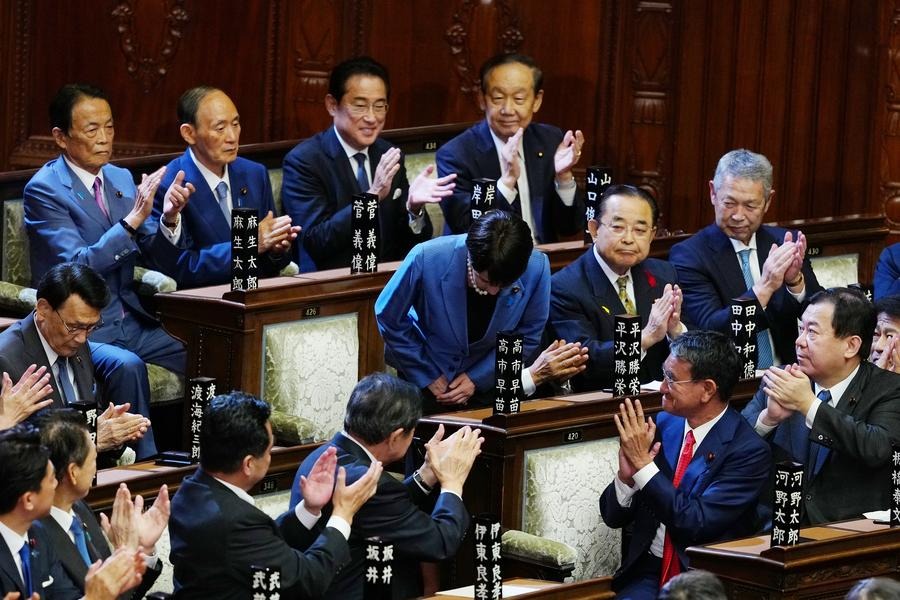Room for securities watchdogs to cooperate


The US Securities and Exchange Commission issued interim final amendments to the Holding Foreign Companies Accountable Act last week soliciting opinions. Signed into law in December by then-president Donald Trump, the act requires all foreign companies listed in the US stock market to allow their financial statements to be reviewed by the Public Company Accounting Oversight Board of the United States.
The move is believed to be primarily aimed at Chinese companies, as the act requires companies to prove that they are not owned or controlled by foreign government entities, and requires disclosure of relevant audit arrangements and government influence information.
Although the interim final amendments do not clarify the detailed enforcement regulations of the law, the amendments signal the pressure and uncertainty are mounting for the Chinese companies listed in the US stock market, and their share prices might fluctuate over a certain period in the future.
That the amendments proposed by the SEC allow the Chinese companies to receive the second audit of accounting firms in countries that accept the PCAOB's supervision actually reserves some space for securities watchdog departments of China and the United States to cooperate on joint auditing and cross-border supervisory cooperation, which the two sides should talk about in their negotiations.
The multilateral memorandum of the International Organization of Securities Commissions also provides the two sides with a cooperation framework to engage in joint auditing and cross-border supervisory cooperation.
China's newly revised Securities Law empowers the China Securities Regulatory Commission to cooperate with its foreign counterparts on cross-border supervision.
But the cooperation must be based on an equal footing and mutual respect. China will never accept the politically-driven practices of the US, or make concessions on issues of principle and concerning the core interests of Chinese companies.
Whether a Chinese company chooses to go public in the US or continues to be listed in the US will reflect the company's long-term, strategic, and commercial considerations. But to avoid risk of violent fluctuations due to major changes in listing and regulatory rules, more companies may choose to list on the Hong Kong market or the mainland A-share market, whether that is their initial listing or a secondary listing, so as to make the business model and business strategy of the company easier to understand and track by investors.

































